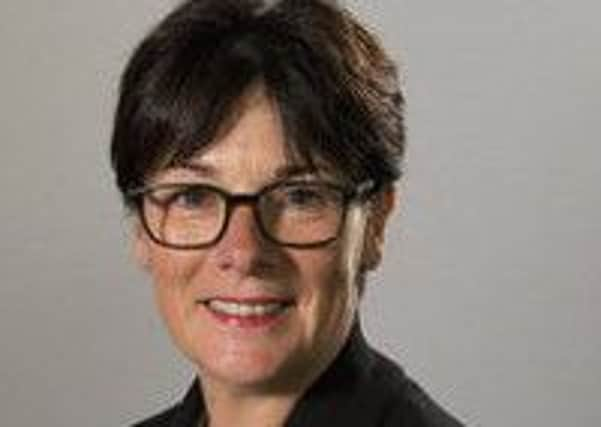Stats show rise in children carrying out sex offences


The number of sexual offences reported to prosecutors in which a child committed a crime against another child has risen by more than a third in four years.
Figures from the Crown Office show the number of people aged 17 or under accused of sexual offending – where the victim was also a child – went from 224 in 2011-12 to 300 in 2015-16 – a rise of 34 per cent. The number of victims aged under 17 also rose by 34 per cent during the same period, from 1,190 to 1,600. The statistics cover a range of offences from sexting and the sharing of images to sexual assault.
Advertisement
Hide AdAdvertisement
Hide AdThey were published as solicitor general Alison Di Rollo brought more than 100 teachers, social workers, police officers and prosecutors together for a summit in Glasgow.
She said: “Too many children and young people are coming to the attention of the police and the prosecution service in relation to sexual offending.
“There is a growing body of evidence that indicates that the most significant factor in determining whether a child will commit criminal offences in the future is contact with the criminal justice system at a young age.
“I don’t want to prosecute Scotland’s young people nor do I want them to have to give evidence in court against their peers and I believe that one of the key ways that we can protect our children is by educating them about the law.”
Matt Forde, head of NSPCC Scotland, said children needed to be educated that sexting is not “harmless”.
He said: “The consequences of sending a nude image can be extremely damaging. Once a child sends an image they lose control over where it will end up or who will see it. Young people must understand that sexting is illegal. It is crucial parents talk to children – even if it feels awkward – about this topic and that young people feel empowered to say no to sexting requests.”
Deputy First Minister John Swinney said: “It is important that children and young people gain knowledge about the laws on sexual behaviour which is appropriate to their age and stage of education.
“I am very pleased the Crown Office and Procurator Fiscal Service has led on [this] summit and we will continue to work with them over the coming months to ensure the examples of best practice we have heard today are brought together into a meaningful and useful way. I am committed to ensuring the Scottish Government plays a central role in helping to reduce the numbers of our children and young people that are brought before the courts on sexual offence charges.”